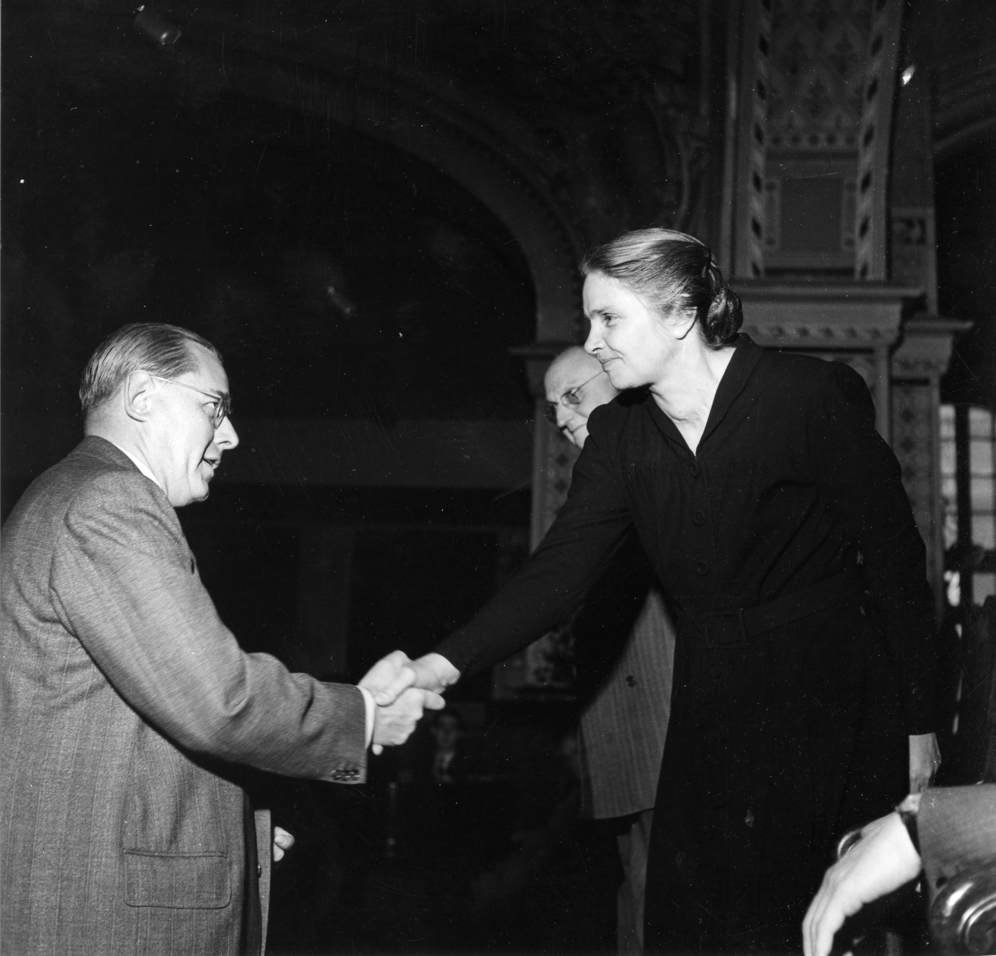Attitudes: (4) Problem-solving through unity
Buchman thought that the spirituality of some people was too much focussed on themselves and the individual soul: it was important for a life of faith to have relevance to society. He encouraged people to believe that social and political problems were solvable, especially when unity was present amongst decision-makers. Unity itself he saw as a fruit of something else – a change of heart. ‘Change of heart’ was a phrase that cropped up in a number of his speeches.
Democracy was also a topic he cared about. His message on this was that democracy is not only about functioning institutions, but also the qualities of the people who run them. A good structure cannot work effectively without a good spirit. Democracy needs to be grounded in moral integrity. Some people who talk about democracy are dictators in their private lives.
Buchman thought negative experiences could be transformed, while negative experiences that were not addressed could get passed on to others. Democracy could get derailed by unhealed grievances and hatreds, for example, while a person who had found freedom from hatred could be a unifying influence. This was exemplified by French politician Irene Laure (left), who after 1945 had been full of hatred of Germans, but through her contact with Buchman and MRA became a source of reconciliation between the two countries.
Buchman’s conception of unity involved people from different walks of society working together. He also encouraged people from different religious denominations and faiths to work together. In his mind, global problems would be better addressed by increased levels of international cooperation – in this his work reflected a wider ecumenical current.
Connected with this, Buchman believed that there was a spiritual dimension to ‘freedom’. He would have concurred with the African bishop, St Augustine of Hippo, when he said that people best find freedom in serving God. He thought that democracy was sometimes distorted by materialistic thinking and the worship of money.

